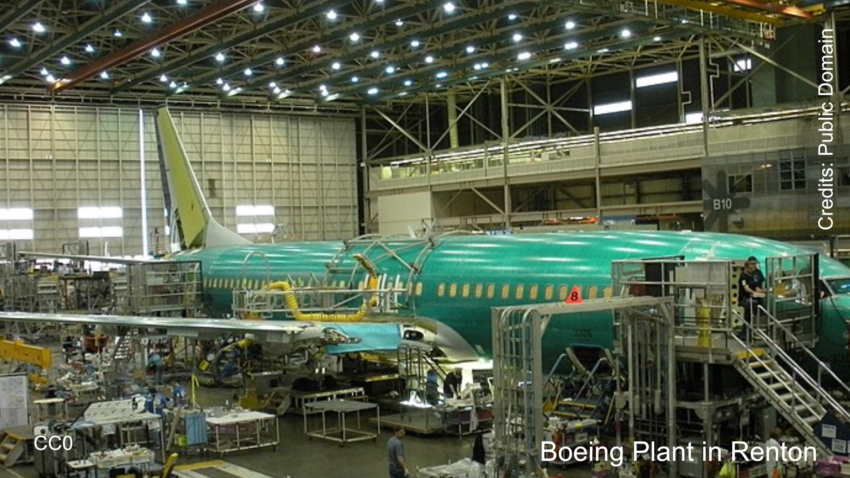After weeks of negotiations and a prolonged strike, Boeing factory workers have agreed to a new contract, signaling an end to their labor dispute. The International Association of Machinists (IAM), representing over 32,000 machinists, announced that 59% of its members voted in favor of the agreement. The strike, which began on September 14, saw thousands of workers halt production, impacting Boeing’s operations significantly.
- Contract Agreement and Wage Increase: Boeing factory workers, represented by the International Association of Machinists (IAM), voted to accept a new contract, with 59% approval. The agreement will raise the average annual wage from $75,600 to $119,300 by the end of the contract.
- Pension Concerns: Although wage increases were achieved, the new contract does not include the reinstatement of defined-benefit pensions, a significant point of contention for workers. Boeing remains steadfast on replacing pensions with 401(k) plans due to financial sustainability concerns.
- Economic Impacts: The labor strike contributed to a weaker jobs report for October and disrupted Boeing’s production, which has a backlog of 6,000 aircraft orders. The end of the strike is anticipated to ease these economic impacts as production resumes.
- Market Reaction: Boeing’s stock experienced a slight uptick (1%) following the resolution announcement, though the company’s stock is still down 38% year-to-date. The strike’s end is expected to help Boeing stabilize financially.
Sources such as CNBC highlighted the critical aspects of the new contract. Under the terms, the average annual pay for IAM members will increase from $75,600 to $119,300 by the end of the contract. However, the agreement does not reinstate the defined-benefit pension plan, which Boeing had replaced with 401(k) plans in 2014. The absence of pensions was a significant issue for workers, fueling their initial rejection of previous offers.
Boeing remains firm in its stance against reinstating defined-benefit pensions. The company emphasized the financial burden of such plans, stating that they are no longer sustainable in the modern economic climate. Union leaders advised members that the current contract terms were the best possible under the circumstances, urging acceptance to secure gains made during negotiations.
Boeing CEO Kelly Ortberg urged workers to resume their duties. The company recently raised up to $22 billion to stabilize its finances, which had been weakened by the ongoing labor strike and halted production. The strike’s end is expected to alleviate some financial pressures, as Boeing grapples with a production backlog of 6,000 airplanes.
The labor dispute had broader economic implications. Analysts noted the strike’s contribution to a weaker-than-expected jobs report for October. Despite these challenges, some economic observers predict the impact will be short-lived, with recovery expected as Boeing resumes full operations.
The market responded positively to the news of the strike’s resolution. Boeing’s stock rose by 1% during the November 4 trading session, although it remains down 38% for the year. The resolution of the strike is a step towards stabilizing Boeing’s financial standing and restoring its production capabilities.

